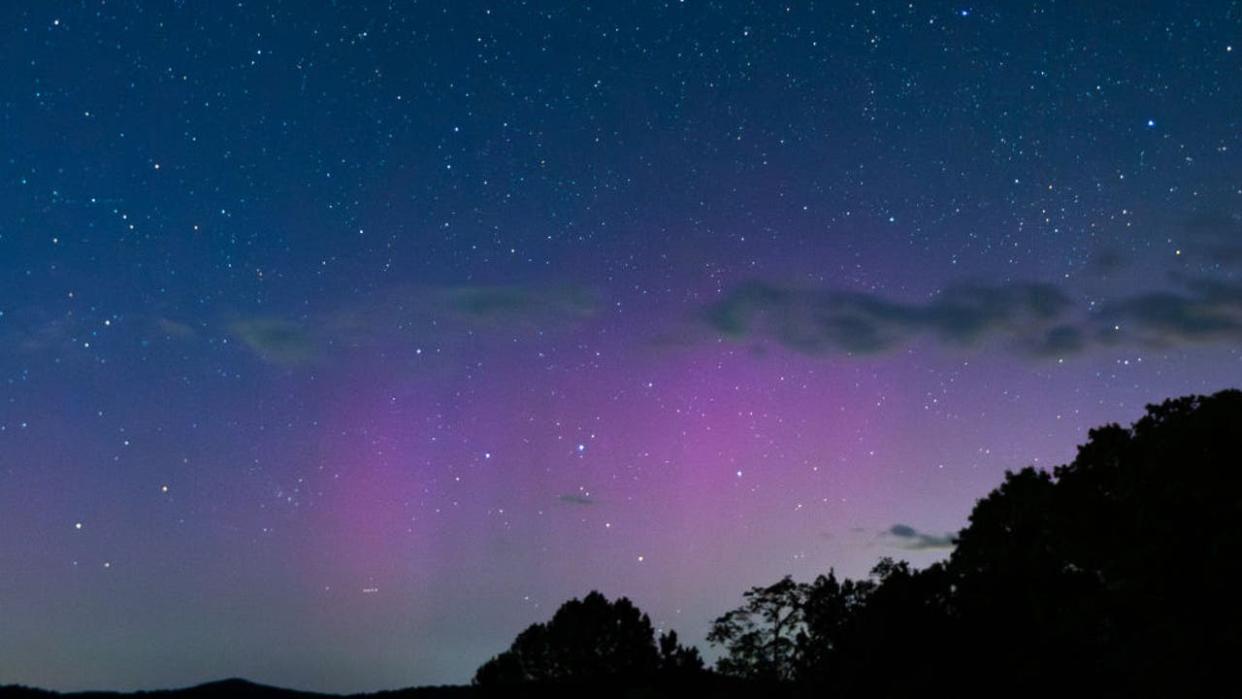Philly northern lights forecast: Is another opportunity to view northern lights possible?

PHILADELPHIA - Will the Delaware Valley have another opportunity to see the Northern Lights Friday night?
The National Oceanic and Atmospheric Administration, or NOAA, released information Thursday regarding that very possibility.
They said a CME, or a coronal mass ejection, associated with a flare, was produced from the sun. They are calling this G2, or a moderate ability to view the aurora borealis on their geomagnetic storm scale, which ranks from G1, or minor, to G5, or extreme.
Earlier in May, strong flares were produced, creating conditions in which the Northern Lights were visible nearly to Florida and were seen widely across Western Europe.
Unfortunately for much of the northeast United States, heavy cloud cover made it nearly impossible for anyone in the Delaware Valley to view the stunning geomagnetic display.
In this newest scenario, the forecast across the region is for wide open, clear night skies Friday night into Saturday morning. NOAA states the Northern Lights may be able to be seen from those in northern and upper Midwest states from New York to Idaho.
Perhaps we will catch a break and be able to see a glimpse of the rare beauty of the night sky.
A lot of times, you won't see the Northern Lights with your own eyes around here, but your camera will. When looking for the display, take a picture with your night sight (longer exposure) setting on your phone.
Your phone has a chance at capturing the Northern Lights even if your eyes don't see anything. Head out after sunset and start taking pictures.
For more information, visit NOAA’s website.

